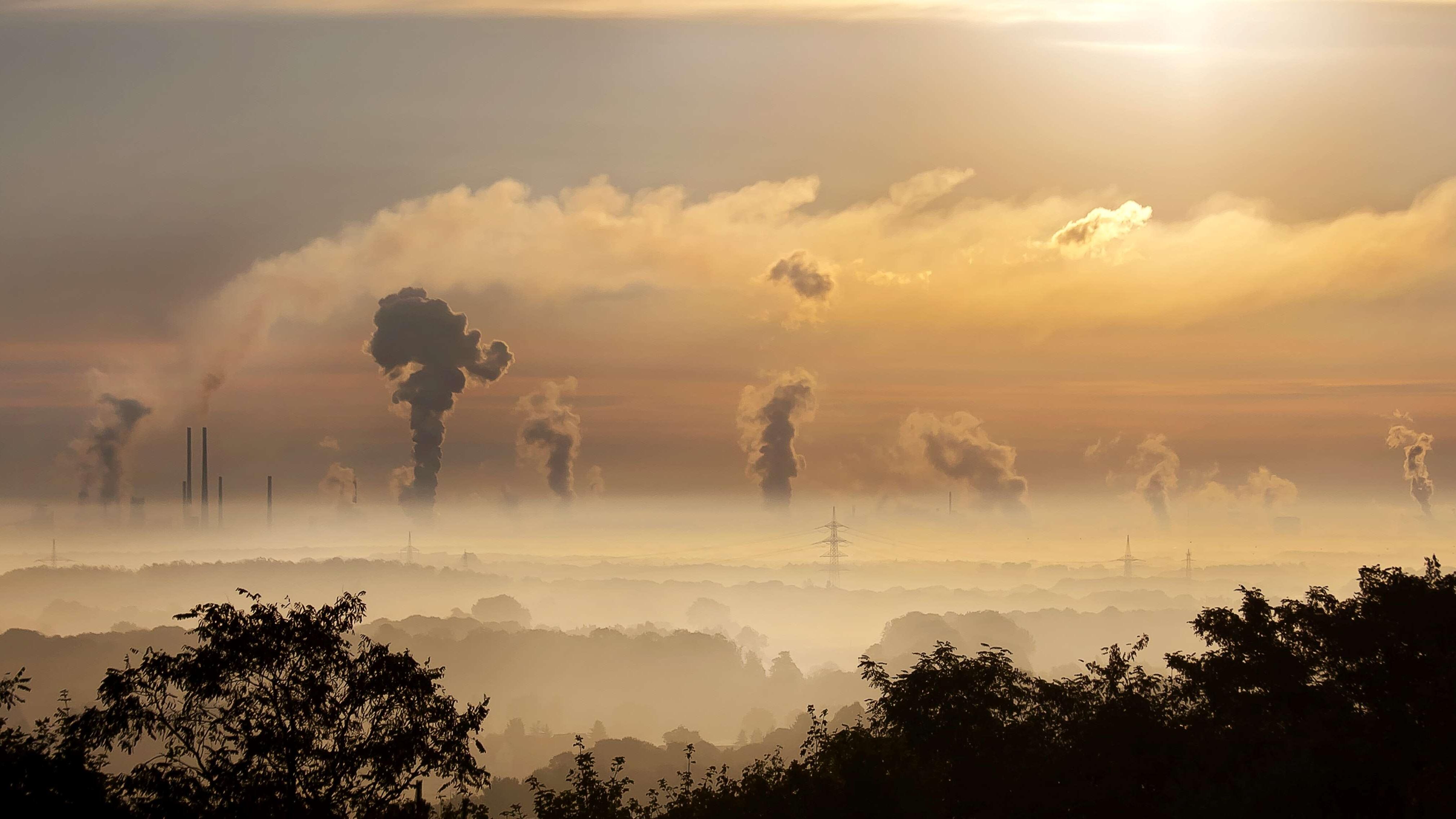 Policy & Regulation
Policy & RegulationPolicy & Regulation
The European Union announced a major renovation wave last fall. It wants to double the rate of renovation in existing buildings over the next ten years. Efficient new buildings are important, but they contribute little to achieving climate protection targets. If no additional measures are taken, CO2 emissions from the building sector in 2030 will be 28 million tons higher than envisaged in the German governments climate protection plan. In mid-October 2020, the European Commission published its strategy for a renovation wave to improve the energy efficiency of buildings in Europe. This should improve peoples quality of life, reduce greenhouse gas emissions and support digitization. A key background to the renovation wave is that many millions of Europeans:inside cannot afford to heat their homes. Improving energy efficiency also serves to combat energy poverty and improve peoples health. To reconcile sustainability with design, a new European Bauhaus is to be launched to reconcile aesthetic and affordability with artistic ambition in a sustainable future, says the Commission.
Read Full articleThinking strategically about industrial energy efficiency
Catherine Cooremans and other colleagues in her Multiple Benefits project provide some answers in a short video that lays out the problems and some of the solutions. In the EEFIG survey, there are many suggestions from standardised contracts to better regulations to better sharing.
Read Full articleShowcasing the need to improve energy performance of industry
European Commission presented its European Green Deal investment Plan. Plan expects to mobilise at least €1 trillion of sustainable investments over the next decade. The strategy includes a dedicated strategy for small and medium-sized enterprises (SMEs).
Read Full articleEurope’s energy-intensive industries coping with covid crisis while trying to stay on sustainable path
Europes industry has significant challenges today. All Europeans also have to cope with the COVID-19 crisis and with a paralysed economy. There are also discussions within the EU institutions and through various consultations on the recovery package and what that will mean to.
Read Full articleNew JRC report: Untapping multiple benefits: hidden values in environmental and building policies
Findings show that green policies can improve both our health and the economy. Study provides guidance to policy and decision-makers in developing a methodology for the inclusion of multiple benefits in a cost/benefit assessment of energy efficiency policies. It is envisaged that.
Read Full articleDefining Carbon Neutrality: Not as Simple as It Might Seem
Carbon-dioxide (CO2) accumulates in the atmosphere through natural and anthropogenic processes. In the atmosphere, CO2 absorbs heat and thus causes the atmosphere to heat up. Is simply moving towards CO2-neutrality sufficient for att.
Read Full articleEurope’s steel industry and the need to decarbonise
Europes steel industry needs a credible plan to go green, says Ben Jones. The costs of decarbonising its operations would cost up to €40bn. Jones raises a question whether consumers will be demanding greener steel and be willing to pay for.
Read Full articleInvesting in improving energy efficiency is industry's chance to be part of the post-pandemic economic recovery
The European Commission presented its European Green Deal investment Plan. The plan is to mobilise at least €1 trillion of sustainable investments over the next decade. In March 2020, the Commission also published its industrial strategy. It aims to reduce red tape .
Read Full articleCeramics industry and the transition to a Circular Economy
The EU ceramic industry represents an annual production value of around €30 billion. The EU Emissions Trading System covers over 1200 ceramic installations. Ceramic products can be reused, recycled or recovered after their end-of-life.
Read Full articleEUROPEAN ALUMINIUM: sustainable industrial recovery plan
2019 data show primary production in Europe is flat, despite a growing demand for aluminium products. This is due to tensions on the aluminium supply chain caused by trade issues at global level and high energy prices. There are 15 smelters in the EU,.
Read Full article








